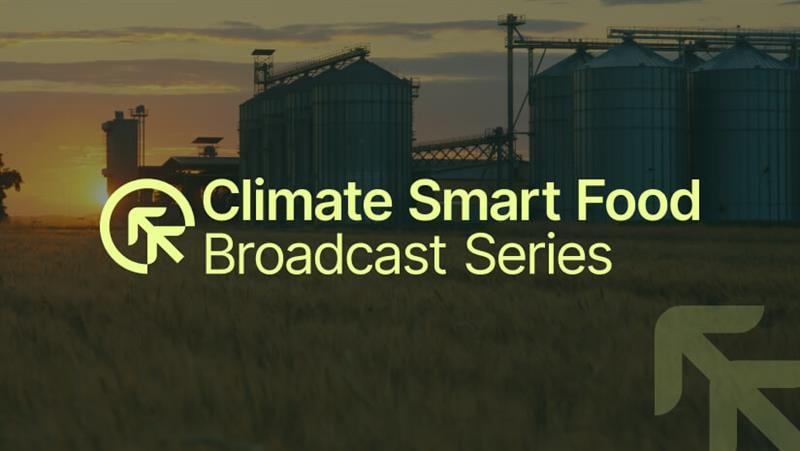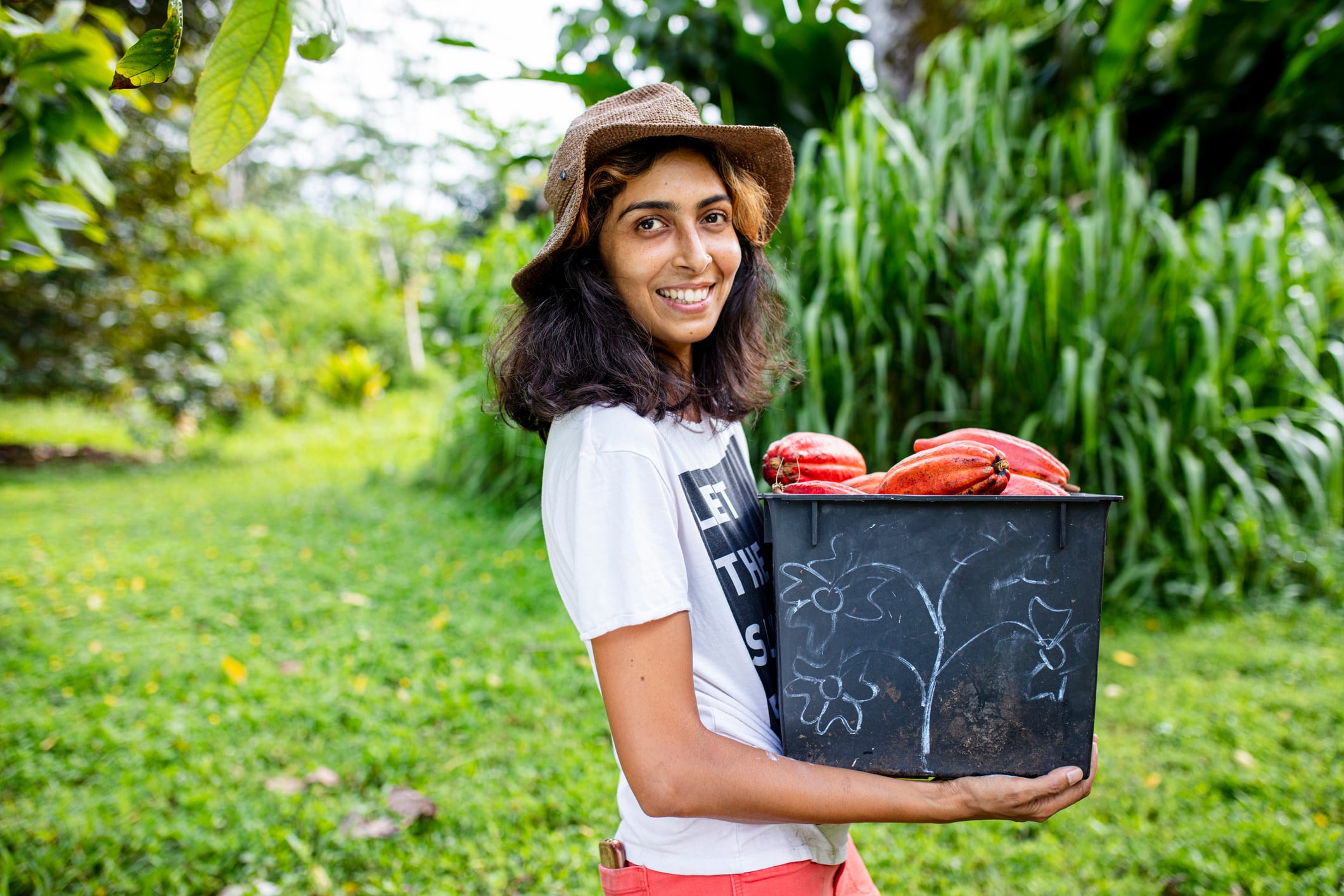Global food behemoths Nestlé and Kraft Heinz have revealed the components they consider key to securing the commodities essential to their future business success.
As climate change continues to pressure production processes – with the likes of cocoa harvests suffering most recently – leaders in the industry increasingly turn to new and novel ways of not only maintaining, but boosting crop output.
Set to be revealed during the first of three Climate Smart Food broadcasts this September, Nestlé cocoa manager Darrell High will outline a plethora of ways the business is tackling the cocoa challenges it faces.
These include:
Climate Change severely impacting cocoa production
Cocoa yields in West Africa have dropped due to erratic weather patterns and prolonged droughts. Prices have surged up to four times previous levels, but farmers haven’t yet benefited due to delayed price transmission through government systems. As a result, Nestlé emphasizes the need to build resilience – both in farming practices and cocoa tree genetics – to withstand climate shocks.
Agroforestry central to Nestlé’s sustainability strategy
Nestlé is moving away from monoculture cocoa farming by introducing agroforestry systems. Farmers are given forest and fruit tree saplings to plant alongside cocoa, which provides shade and improves drought resistance. This approach not only protects crops but also diversifies income sources and enhances ecological sustainability.
Empowering women and households
Nestlé’s incentive model splits rewards between farmers and their spouses, with a focus on children’s education and income diversification. Initiatives include village savings and loans, beekeeping and guaranteed offtake for honey, helping households move closer to living incomes. These efforts reflect a broader shift from certification-only models to holistic sustainability programmes.
Climate Smart Food broadcast
Sign-up for free to watch the industry-leading Climate Smart Food Broadcast series this September , with big name speakers from Nestlé, Kraft Heinz, Heineken, Mars and many more businesses.
Taking place over three days as follows:
- Smart farming: September 9
- Circular processing: September 16
- Packaging & labelling: September 23
Sign-up for free to hear what some of the food and drink industry's most knowledgeable experts have to say on vital climate topics.
Next, Monica Souza, vice president for procurement and sustainability at The Kraft Heinz Company, will discuss how she’s leading the business’s transformative efforts to make tomato sourcing more sustainable and climate-resilient.
With a background in procurement across major FMCGs like Mondelēz and AB InBev, Souza oversees the environmental and supply chain strategy behind Heinz’s iconic ketchup brand.
Her work with long-term partners like the Conesa Group in Spain is core to the business’s ability to integrate climate-smart practices into its key operations.
As Souza puts it: “Protect the consumer by owning the product and starting from the soil to the table… this ethos is more important now than ever.”
At Climate Smart Food, Souza will cover topics including:
Cover cropping for soil health and biodiversity
Kraft Heinz has implemented cover cropping techniques with Spanish tomato growers to improve soil structure, reduce erosion and enhance biodiversity. This regenerative agriculture practice benefits long-term productivity and environmental resilience.
Yield optimisation through sustainable farming
By refining irrigation, nutrient management and harvesting techniques, Kraft Heinz has doubled tomato yields in pilot fields from 70 to 90 tonnes per hectare to 110.
Tech-enhanced but human-centric agriculture
Kraft Heinz is integrating AI and automation for efficient irrigation and harvesting, but Souza insists that human expertise in the field remains irreplaceable.
Seed innovation for climate adaptation
Heinz has been breeding proprietary tomato varieties since 1934. Today, this work includes developing seeds that are better suited to changing climate conditions, ensuring crop resilience and consistent product quality.




